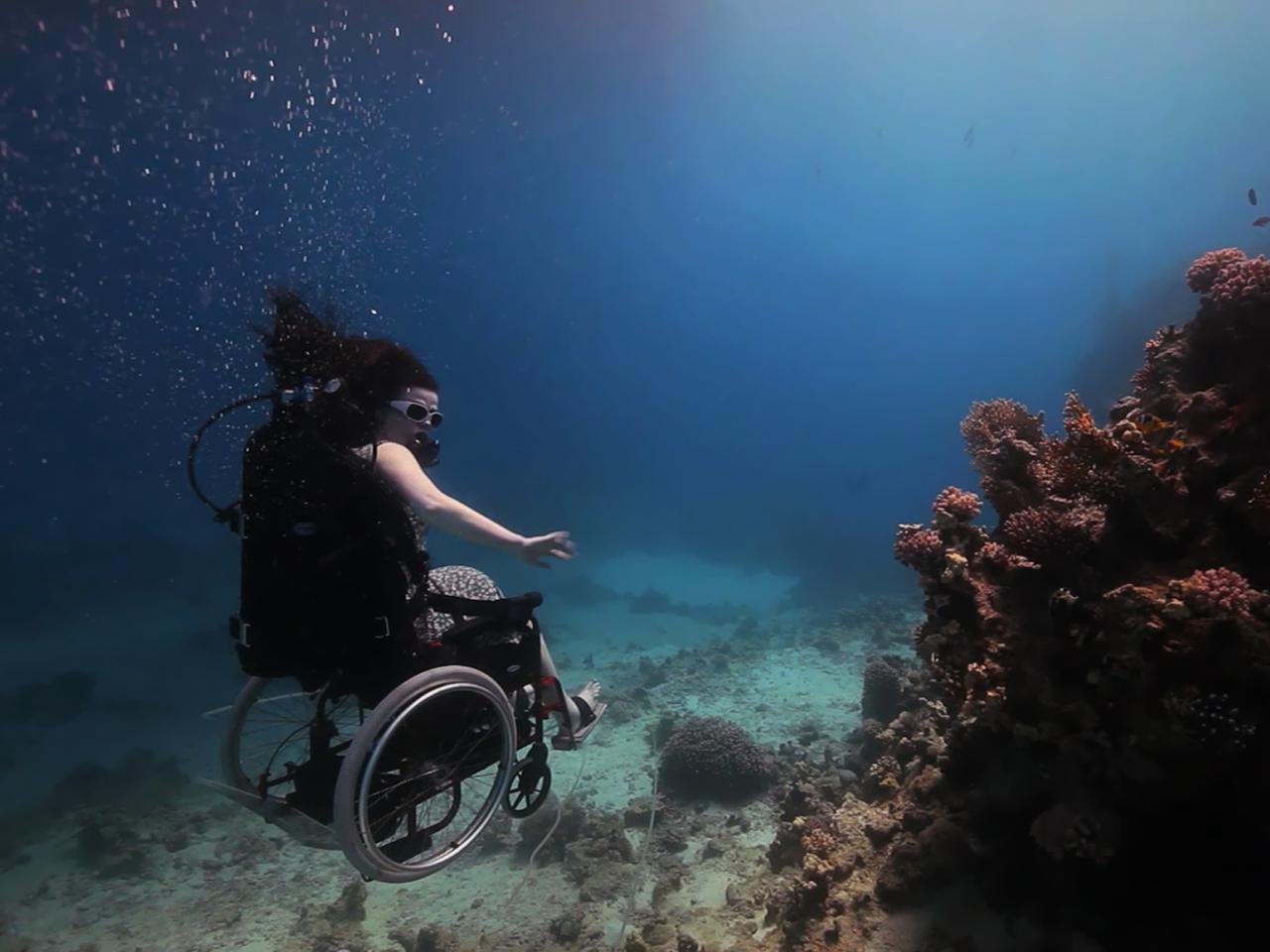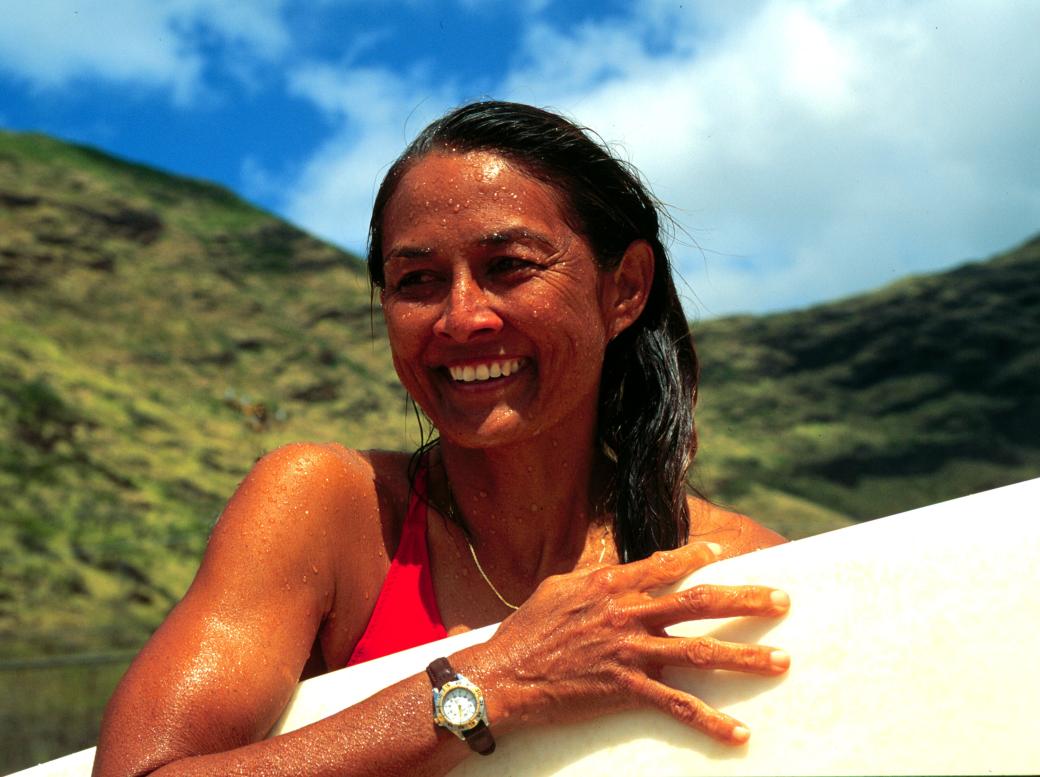New Day Films Humanize Health Care

“Film is a great way to tap into the humanistic aspects of medicine,” says Dr. Monica Lypson, Professor of Internal Medicine and Medical Education and Assistant Dean for Graduate Medical Education at the University of Michigan.
Dr. Lypson, together with colleagues Dr. Paula Ross, also from the University of Michigan, and Dr. Divy Ravindranath from Stanford University, has created a special curriculum for medical students that utilizes Heather Courtney’s film, Where Soldiers Come From.

Historically, few medical schools have used film in their classes, but this is beginning to change as health educators incorporate documentaries as tools for teaching about psychosocial issues in medicine, psychiatry, nursing and counseling courses. Dr. Ross first saw Where Soldiers Come From at the 2012 American Sociological Association conference and immediately shared the film with Dr. Lypson. “We were looking for a film we could use in a new faculty development workshop on veteran-centered care,” Dr. Lypson says. “We selected this film because it is a documentary (as opposed to a work of fiction) which offers a true depiction of the trajectory of service members—from civilian life to active duty to veteran.”
The faculty development workshop that utilizes the film, “Developing Skills in Veteran-Centered Care: Understanding Where Soldiers Really Come From,” combines the film clips with active learning exercises. Recently, Dr. Lypson announced her intent to expand the workshop to target students and faculty from other health care fields. Dr. Lypson emphasizes that health care extends beyond medicine, and she believes the course is relevant for students, residents, and practicing professionals in various disciplines, including nursing, social work and public health. Courtney’s film challenges students with hard questions, like “What socio-economic circumstances might lead someone to join the military?” In helping the health care practitioner understand the backstory of a patient’s life, she or he comes to the medical work at hand with greater empathy and compassion. “It is a way to get learners to tap into feelings the way they can’t do listening to an impassive lecture,” Dr. Lypson explains. “You want medical students and health professionals to tap into that, because they are dealing with people.”
In Courtney's film, it is the story of Dominic - a young artist turned soldier who uses his art to deal with his PTSC and Traumatic Brain Injury - that particularly affects students. The course is currently available online via MedPortal. Faculty are encouraged to show the entire film, in addition to the clips that are explicitly part of the curriculum. Because of the success of this course, a larger curriculum covering a range of issues related to veteran-centered care is being planned by Dr. Lypson and her colleagues. If approved by the University this will be part of a massive online open course with a reach of upwards of 10,000 students.
Regan Brashear’s film FIXED: The Science/Fiction of Human Enhancement is another New Day film that has had widespread use and feedback from the medical profession. The documentary explores the social impact of human biotechnologies, prompting audiences to rethink "disability" and "normalcy" by exploring technologies that promise to change our bodies and minds forever. Shown to a crowd of students, nurses, doctors, and medical providers at an event sponsored by the UCSF Committee on Disability Issues, the film set the stage for a lively panel discussion. Plans are currently underway for a large conference sponsored by the Mayo Clinic on neuroethics, disability ethics and technology. Brashear’s film will open the conference and then various lectures will be built out, based on the issues raised in the film.
When the documentary Heart of the Sea, a portrait of Hawaiian surfing legend and breast cancer survivor Rell Sunn, came out, it was immediately used by national breast cancer organizations because it provided a positive and empowering image of a woman with breast cancer. Director Charlotte Lagarde, in association with the Independent Television Service (ITVS) and Pacific Islanders in Communications, developed an outreach campaign targeting Native Americans and Pacific Islanders all around the US. Heart of the Sea was the first film portraying a Pacific Islander and Asian American woman with breast cancer, and it enabled unprecedented dialogue among Native communities about cancer, a subject that was taboo and often brought shame to a family.

In Hawaii, the American Cancer society, the Suzan G. Komen Foundation, and many local health organizations used the film in their outreach programs to encourage Hawaiians to talk more openly about breast cancer. In Alaska, the South East Alaska Regional Health Consortium still uses it a to engage people in dialogue about cancer and healthy living. The changing face of medical education offers great potential for wider use of New Day’s collection of films dealing with physical and mental health, addiction, aging and gerontology, disability, psychology and social work.
Visit our website to see the potential for use in your field!